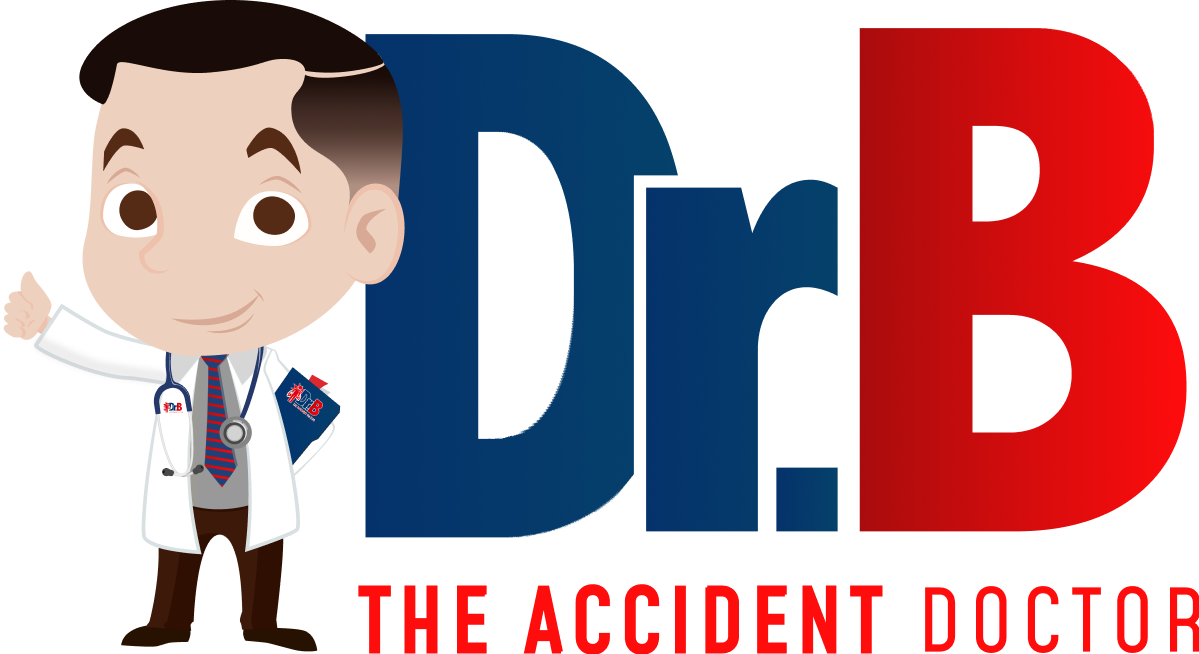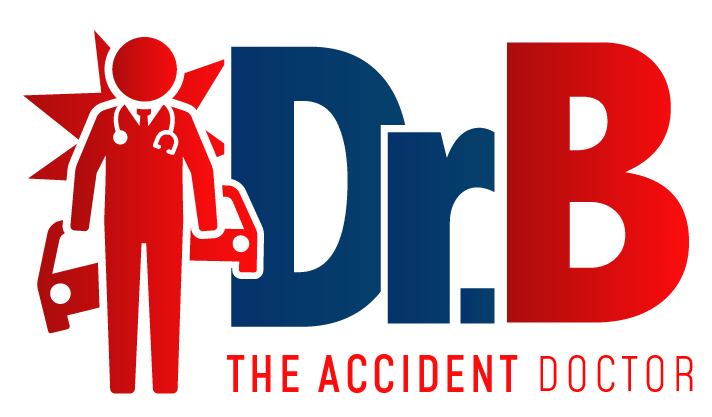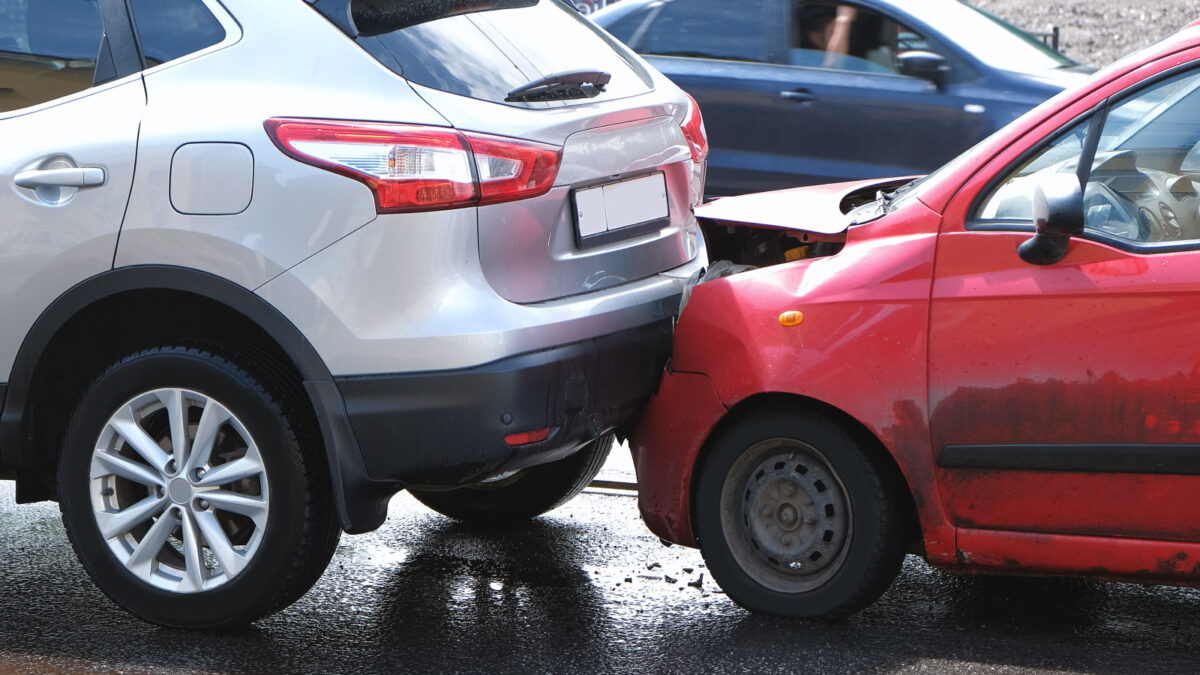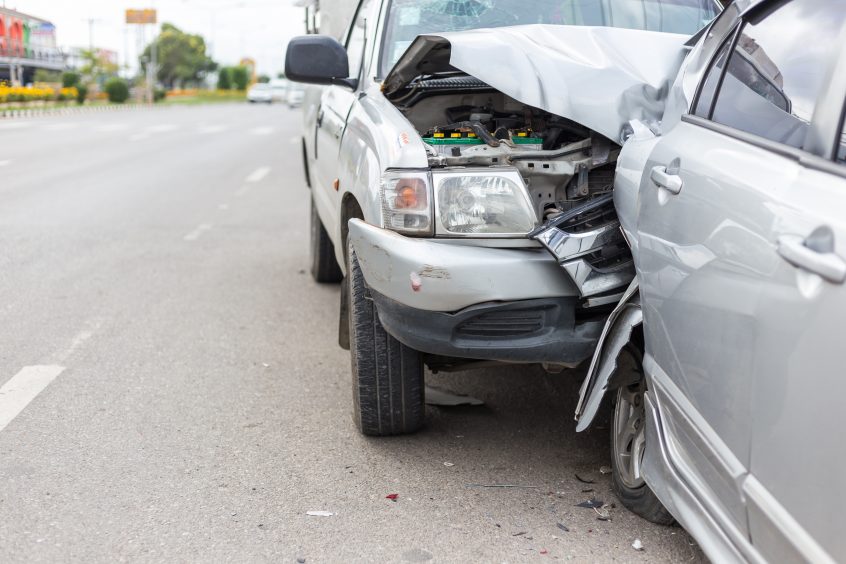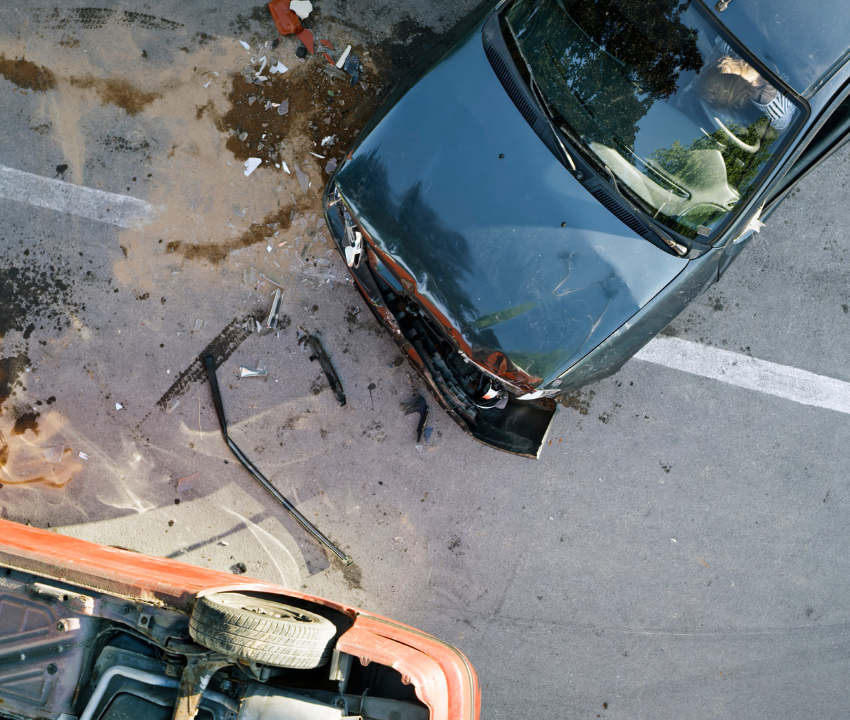Leasing a car may be a good option if you are not quite ready to buy. It allows you to drive a brand new car for a fixed period with lower monthly and down payment costs. There are many situations that make leasing a car advantageous, but there are also other factors to consider, such as in the event of an accident. Knowing how a lease impacts an insurance claim after a crash is important.
An experienced car accident lawyer from our firm is prepared to discuss your rights and potential legal options during a free, no-obligation consultation. If you have a viable case, we will use every resource at our disposal to obtain the maximum compensation possible on your behalf.
What is Car Leasing?
A car lease is a long-term rental that does not require being approved for a car loan or paying a substantial payment up front. However, a down payment and monthly payments are required during the lease. Once the lease has ended, you must return the car to the leasing company or purchase the car at market value.
During the lease, you do not own the car. This means that any monthly lease payments go towards the use of the car instead of the ownership of the car. While you have the car in your possession, you are accountable for maintenance.
Insurance Needed When Leasing a Car
Car insurance is mandatory for all drivers in Canada, whether you own, finance or lease a car. Generally, leased cars must have third-party liability insurance. This coverage helps pay for medical bills, property damage and other damages to anyone injured by the at-fault driver, up to the limits of his or her policy. The amount of third-party liability insurance drivers must carry is at least $200,000.
Many lease agreements will even require drivers to carry collision and comprehensive coverage. Collison coverage can help pay for the cost of repairing your car if you are in an accident while comprehensive coverage can help pay for damage to your car not caused by an accident, such as theft, vandalism, etc.
Under Ontario law, drivers must also maintain uninsured motorist coverage, which can protect you if involved in an accident caused by a driver without auto insurance or enough auto insurance.
This is why it is important to review your leasing agreement so that you are complying with the minimum insurance requirements. Drivers often increase their policy limits for added protection.
Handling an Accident in a Leased Car
If your leased car is involved in an accident, it is important to contact the police and report the accident, even if you think it is relatively minor. A police report could help establish facts and fault in these situations. It is in your best interest to seek medical care to treat any injuries sustained.
Be sure to exchange personal and insurance information with the other driver or party involved. If at all possible, take pictures of the accident scene, your visible injuries, damage to your leased car and other cars, or anything else relevant.
The leasing company should also be informed as soon as possible about the accident in order to avoid financial penalties once the lease has ended. The leasing agreement may have certain provisions with the kind of repair work that can be completed or if the car is to be declared a total loss.
Your insurance company will also need to be contacted and notified of the accident. A lawyer can help correspond with the insurer on your behalf and make the process of filing a claim go a lot smoother.
Will Repairs Be Covered if the Car is Damaged?
If your leased car is damaged but can be repaired, you will need to keep paying your monthly payments until the car is fixed and drivable. Whether repairs are covered will depend on the terms of your insurance policy.
You may be required to receive repairs only from recognized or authorized professional body shops, or a repair shop for that specific car brand. Repair work may need to be done in a way that restores the leased car like new, using only original manufactured parts and not after-market or off brand parts.
What if the Leased Car is Totaled?
If the accident totals your leased car, you will need to keep paying your monthly payments until the claim has been settled.
If the cost to repair the car exceeds a reasonable percentage of the car’s value, the car may be declared a total loss by the insurance company. In these situations, the insurance company will pay the leasing company for the fair market value of the car.
However, the insurance company payout is often less than what is still owed on the lease agreement, leaving a deficiency that you will still be financially responsible for. If you have gap insurance, it can help pay off that deficiency.
Were you injured in an accident?
Schedule an appointment with us today
Make an appointment today: 210-342-2777
